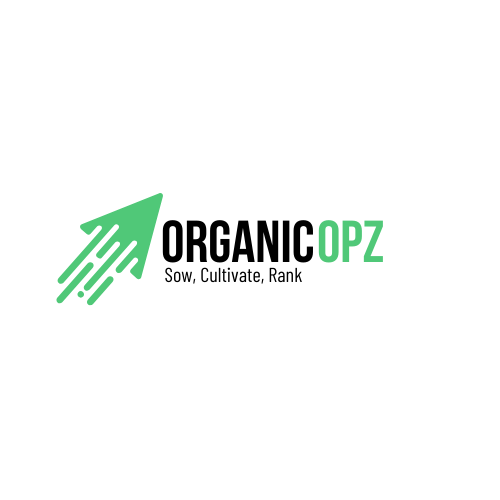Content Strategy in Organic Marketing: Planning for Success
 OrganicOpz
OrganicOpzIn today's digital landscape, effective content strategy is crucial for businesses aiming to thrive in organic marketing. From SEO to user engagement, a well-planned approach can significantly boost visibility and drive conversions. Let's delve into key strategies to ensure your content stands out and succeeds organically.
Understanding Organic Marketing
Organic marketing revolves around creating valuable, relevant content that resonates with your audience and naturally attracts traffic. This approach not only enhances SEO but also builds trust and authority over time.
Importance of Comprehensive Keyword Strategy
A robust keyword strategy forms the backbone of organic marketing. By researching and integrating focus keyphrases like "content strategy in organic marketing" strategically throughout your content—in titles, headings, URLs, and meta descriptions—you improve visibility and relevance.
Enhancing Readability with Synonyms and Related Keyphrases
To enhance readability and SEO, incorporate synonyms and related keyphrases naturally. This not only diversifies your content but also helps in capturing a broader search audience interested in topics related to your main focus.
Crafting Engaging Meta Descriptions
Craft unique meta descriptions for each page, succinctly summarizing content while incorporating the focus keyphrase. Aim for 100-150 characters to entice clicks from search engine results pages (SERPs).
Optimizing Content Structure and Readability
Break content into digestible sections using <h2> and <h3> subheadings. This practice not only improves readability but also facilitates keyword incorporation and content scanning for both users and search engines.
Writing for Clarity and Engagement
Focus on clarity and directness by using shorter sentences and active voice. Transition words help maintain flow, guiding readers seamlessly from one idea to the next.
Ensuring Accessibility and Engagement
Strive for a higher Flesch Reading Ease score to ensure accessibility across diverse audience segments. Addressing audience needs and interests ensures content relevance and engagement.
Regular Updates and Call to Action (CTA)
Regularly update content to keep it relevant and reflective of current trends. Include clear CTAs guiding readers to take desired actions, such as subscribing, exploring products, or sharing content.
Conclusion
In conclusion, effective content strategy in organic marketing hinges on strategic planning, keyword optimization, readability, and audience engagement. By implementing these practices, businesses can not only enhance their online presence but also foster meaningful connections with their target audience. Stay proactive in refining your strategy to adapt to evolving market dynamics and maintain competitive edge in the digital landscape.
Implementing a robust content strategy tailored to organic marketing can significantly enhance your online presence and drive sustainable growth.
Subscribe to my newsletter
Read articles from OrganicOpz directly inside your inbox. Subscribe to the newsletter, and don't miss out.
Written by

OrganicOpz
OrganicOpz
Welcome to OrganicOpz, your partner in cultivating organic growth and optimizing your online presence. We specialize in personalized SEO strategies designed to help you rank higher, attract more organic traffic, and achieve long-term success in the digital landscape.